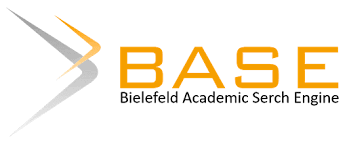PENGOLAHAN AIR TELAGA UNTUK MEMENUHI KEBUTUHAN AIR BERSIH DI DAERAH SETROHADI DUDUK SAMPEYAN GRESIK
DOI:
https://doi.org/10.59819/sewagati.v2i2.3338Keywords:
water, filtration, aeration, silica sand, activated carbonAbstract
There are several problems in Setrohadi Village, Duduk Sampeyan District, Gresik Regency, such as the lack of a clean water source from the lake which they use for their daily needs. To overcome this problem, lake water is processed into clean water by building a water treatment reactor and combining it with an upflow aeration and filtration system. Filtration is carried out using several filter materials including quick sand filter, manganese filter, zeolite filter, activated carbon filter, and paranet. Apart from that, two materials are also used which are key to water purification, namely silica sand and carbon. The aim of processing lake water into clean water is to meet the needs of the Setrohadi Village community for clean water, to improve the quality of lake water, and to provide feasibility for water consumption. The result of this water treatment is that the people of Setrohadi Village can enjoy clean, safe and quality water. From tests using variations in the use of activated carbon and silica sand, it was found that pH = 6.77, TDS = 249 ppm, %Cl = 0.02% and Cl = 524 mg/L. From the test data it can be concluded that the pH obtained is almost neutral which can be used for daily needs and consumption, so that the requirements for clean water have been met.
Downloads
Downloads
Published
Issue
Section
License
Authors who publish with the Jurnal Sewagti agree to the following terms:
1. Authors retain copyright and grant the journal the right of first publication with the work simultaneously licensed under a Creative Commons Attribution License (CC BY-SA 4.0) that allows others to share the work with an acknowledgment of the work's authorship and initial publication in this journal.
2. Authors are able to enter into separate, additional contractual arrangements for the non-exclusive distribution of the journal's published version of the work (e.g., post it to an institutional repository or publish it in a book), with an acknowledgment of its initial publication in this journal.
3. Authors are permitted and encouraged to post their work online (e.g., in institutional repositories or on their website) prior to and during the submission process, as it can lead to productive exchanges, as well as earlier and greater citation of published work. (See The Effect of Open Access) .




















